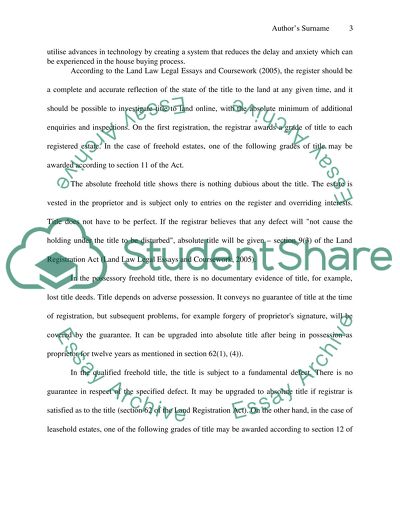Cite this document
(“Land Law paper Essay Example | Topics and Well Written Essays - 4000 words”, n.d.)
Land Law paper Essay Example | Topics and Well Written Essays - 4000 words. Retrieved from https://studentshare.org/miscellaneous/1501924-land-law-paper
Land Law paper Essay Example | Topics and Well Written Essays - 4000 words. Retrieved from https://studentshare.org/miscellaneous/1501924-land-law-paper
(Land Law Paper Essay Example | Topics and Well Written Essays - 4000 Words)
Land Law Paper Essay Example | Topics and Well Written Essays - 4000 Words. https://studentshare.org/miscellaneous/1501924-land-law-paper.
Land Law Paper Essay Example | Topics and Well Written Essays - 4000 Words. https://studentshare.org/miscellaneous/1501924-land-law-paper.
“Land Law Paper Essay Example | Topics and Well Written Essays - 4000 Words”, n.d. https://studentshare.org/miscellaneous/1501924-land-law-paper.


